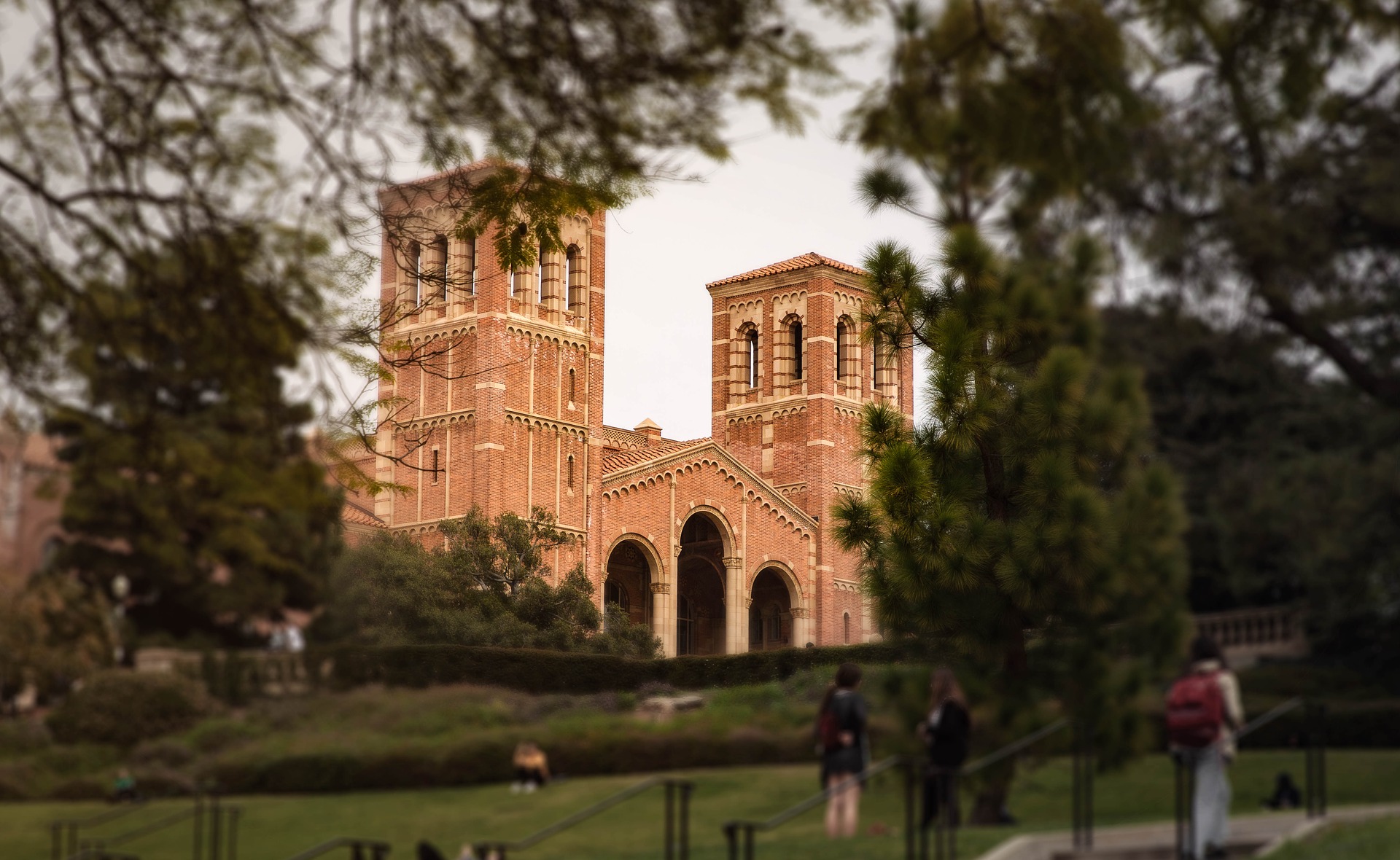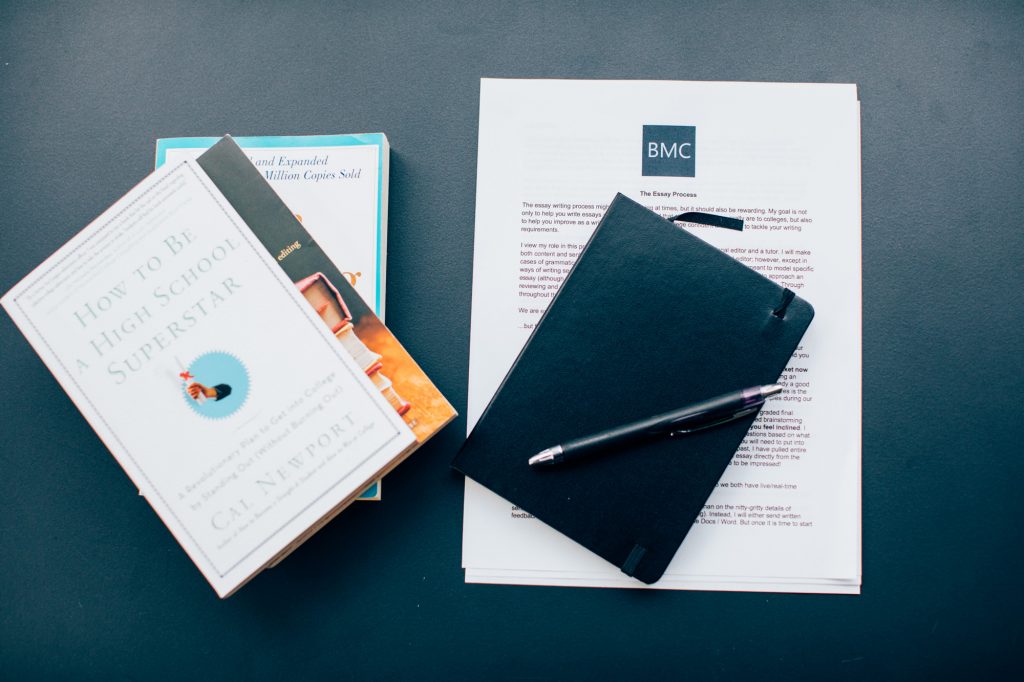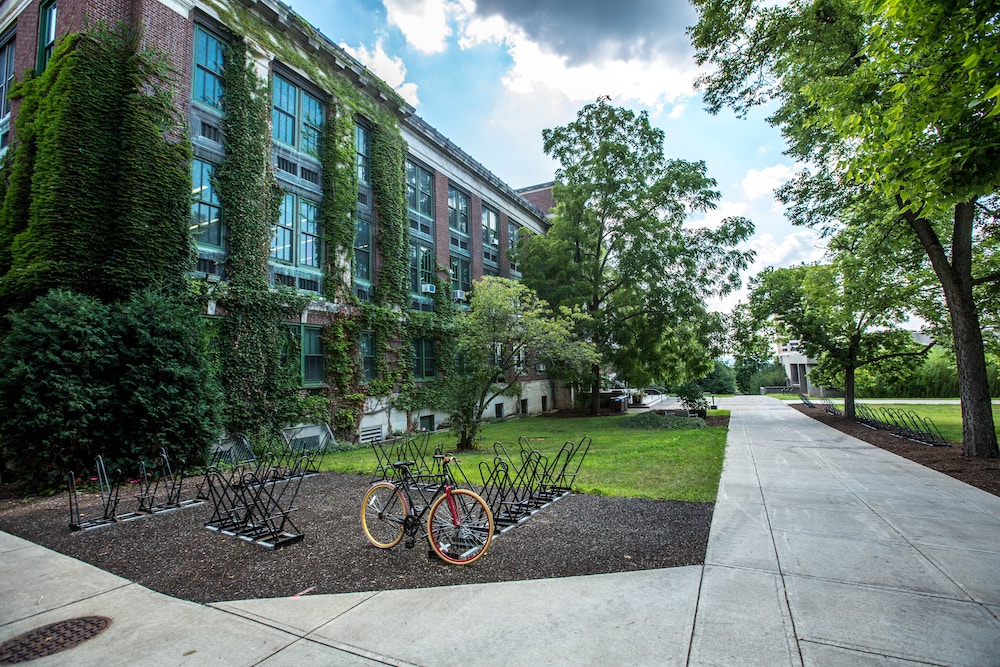Why You Should Read the Georgia Tech Blog (Even if You Will Never Apply There)
Because Rick Clarke and the rest of the admissions team are magic. I don’t know any of them personally FYI — but I sure wish I did. If you don’t, please read the GTech Admissions blog — and this post by Katie Mattli!
BEING SEEN—THIS ONE IS FOR THE JUNIORS
As I was falling asleep last night, my head was buzzing with the conundrum of painting a picture of our campus for students in this new climate. How do I make connections? How do I share a story without the campus backdrop that tells so much without words? How do I help them see us?
Then in the dark, staring at the ceiling, I remembered: we ask students to do this every year. Every time they begin a college application, they are essentially trying to make colleges see them through their only medium: words. At my fingertips, I have social platforms, pictures, phones, websites, webinars… a whole slew of tools beyond the written word to paint the campus story for prospective and admitted students. If I only had words, I would have to intentionally craft a careful and thoughtful message.
So, this blog is filled with application tips and thoughts, dedicated to all those soon-to-be seniors who will only be using words to be seen in the admission process.
Head to the GTech blog to read the rest!








